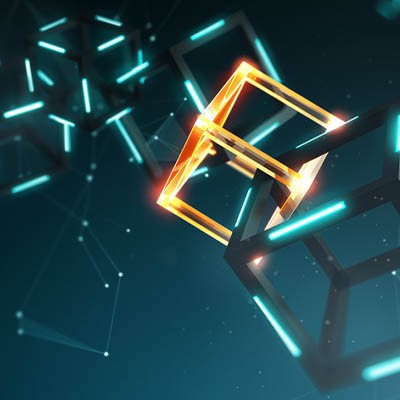FRS Pros Blog
The Blockchain May Soon Protect Your Entire Identity
Blockchain is one of the latest and greatest developments to come in computing. The spotlight is on Bitcoin, Ether, Litecoin, Dogecoin, and several other cryptocurrencies that take advantage of the blockchain, but it’s important to remember that it’s not exclusive to cryptocurrencies. In fact, it has several great uses, with some of the most important being cyber security, transparency, and privacy.
The Sovrin Network
While the majority of people might only know the blockchain in regard to cryptocurrency, there are some organizations out there that understand the benefits a blockchain can bring to networking and secure online exchanges. One association like this is the Sovrin Foundation, which founded the Sovrin Network. This network allows each user to have their own digital wallet, complete with specific identification, banking, and financial credentials, as well as employment credentials or a company ID.
Their Mission
A glaring fault in the way that the Internet functions was showcased last year when 2.9 billion records were exposed to various data breaches and cyberattacks. The Sovrin Foundation was created for the purpose of discovering a way to confirm one’s identity online without exposing themselves to potentially threatening scenarios. Cybercrimes are a major issue nowadays, making it especially important to preserve the authenticity of one’s identity. The idea is to create a standardized way to take advantage of digital credentials and verify their authenticity. The blockchain is an ideal way to approach this concept.
How Does it Work for the End User?
People don’t always like to embrace change, even if it’s to their benefit. It’s unlikely that the average user will feel the need to download an application to keep them safe online with a secure online identity wallet. In an attempt to make it easier for people to embrace these changes, organizations are using QR codes and other identification methods.
The blockchain could potentially allow various organizations to make contact with others in a secure fashion, making it much less risky to share important information. Only the bare minimum amount of information will be shared. If a user wants to try taking out a bank loan, the loan provider might need access to information on salary. If each of them are part of the blockchain network, the employer could provide just enough information to confirm the salary threshold without sharing the exact number itself. Basically, the Sovrin Network aims to place the power of information sharing in the hands of the user.
In Case You Lose Your Phone…
If you’re using your phone as a digital identity wallet, you’ll want to be just as careful as you would be with your physical wallet. What can you do if your phone has been lost or stolen, and your credentials are stored in the Sovrin Network? All you would have to do is create a new credential for your digital identity.
This brings up the question of whether this method is any better than the old-fashioned way of handling security. As society continues to rely on access to data and information, the blockchain’s focus on privacy will only grow in importance. What are your thoughts on the blockchain? Let us know in the comments.



